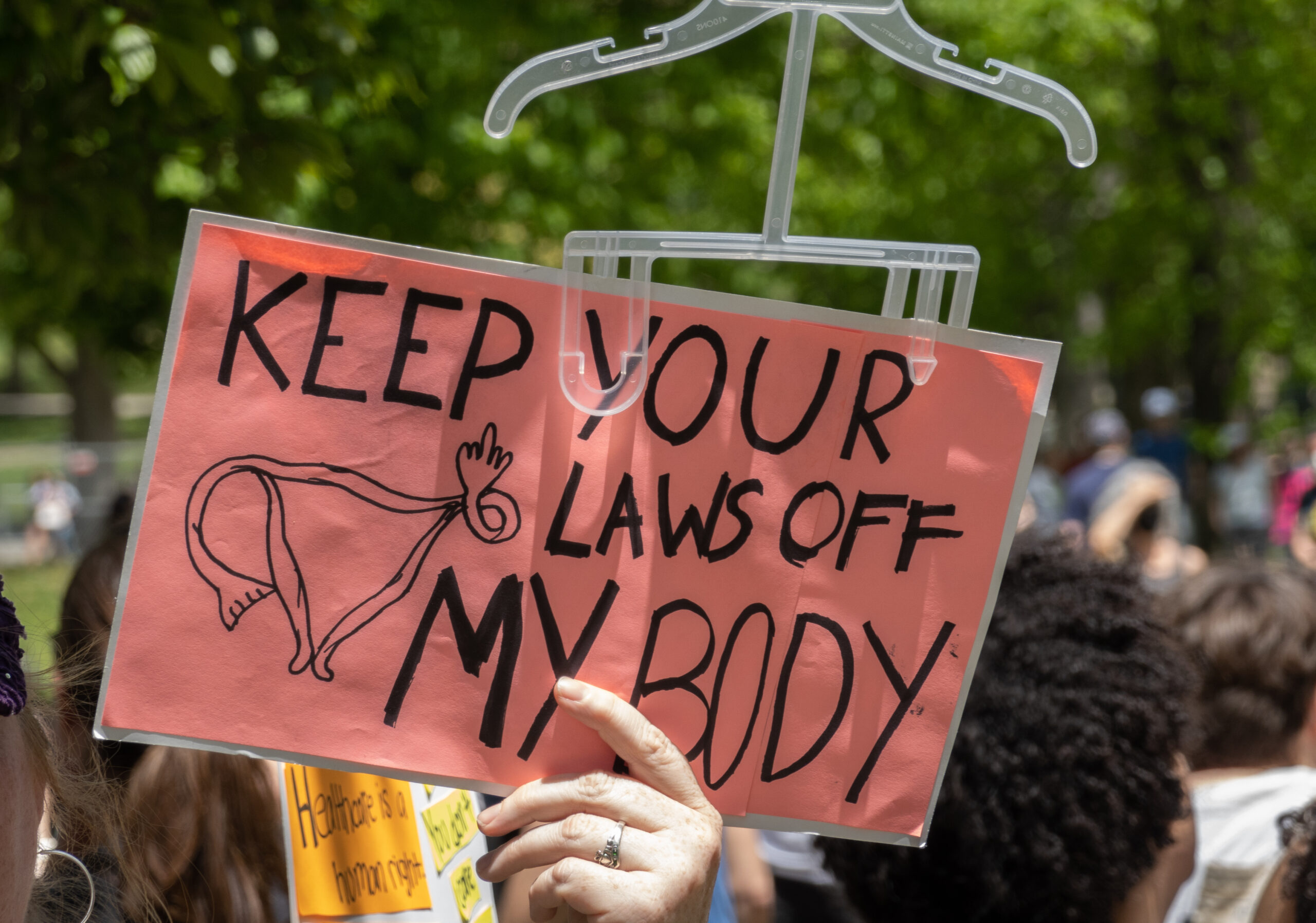From Veil to Victory: France to Secure Abortion Rights Amidst Global Regression

LUX WMN
Written by Macayla Temple
After the United States Supreme Court overturned the over 50-year-old landmark decision in which the Constitution of the United States generally protected a right to have an abortion, President Emmanuel Macron of France promised to enshrine abortion rights in the country’s constitution. Sadly, this overturning in the United States is not an isolated incident. In several countries, including those within Europe, there are prevailing attitudes within governments that aim to obstruct women’s autonomy, especially in deciding whether or not to terminate their pregnancies. On January 30, the French lower house of parliament took the first step towards solidifying President Macron’s promise and ushered in an era of political progress with regard to the issue of women’s reproductive rights.
Courses leading to a career in the health professions, including Caregivers, Pharmacy Assistant, Nursing, plus Midwifery and Radiology Technician.
A 50-Year Fight
Since being decriminalized in France in 1975 by the Veil Law, there have been no strides to constitutionalize the right to abortion until November 2022. Rocked by the United States Supreme Court overturning their landmark decision in June 2022, French politicians began discussing how to guarantee their constituents had access to contraception and safe abortions, should they want one. French Justice Minister Eric Dupond-Moretti stated, “The right to abortion we thought was acquired for 50 years [in the U.S.] was in reality not at all acquired.” The United States had eliminated the federal constitutional right to abortion and left the decision to the states, in which many conservative states jumped at the opportunity to defund, restrict, and even criminalize abortions altogether.
After discussions were kicked off in November 2022, the road map for protecting this right was clear. To be approved, any measure must be first approved by majorities in the National Assembly and the upper house, the Senate, and then in a nationwide referendum or a three-fifths majority of a joint session of parliament. Early in the development of this bill, abortion rights garnered widespread backing across the French political spectrum, with even far-right groups expressing support. Similarly, polls suggested that around 80% percent of French citizens were pro-choice. However, some groups and political leaders had voiced opposition to the leftist proposal, expressing concerns that it might open the door to extending or abolishing the current time limit for pregnancy termination. Their concerns have proven to be unfounded as the language used in the proposal has been made public: there has been no effort to abolish the current time limit.
The need to protect this right was heightened when protests erupted in Poland last year as a response to contentious changes in the already rigid abortion legislation. This legislation, initially modified in 2020 by the Polish constitutional court, declared that women were no longer permitted to end pregnancies in instances of severe fetal deformities. With distant neighbors tightening their restrictions on women’s reproductive rights, France made the critical decision to start the new year off on a good foot by slating the bill to be voted on.
Article 34
Article 34 of the French constitution assigns statutes the responsibility of defining regulations concerning civic rights, civil liberties, media freedom, and national defense obligations. The Houses of Parliament can adopt resolutions under specified conditions, with some drafts being inadmissible under governmental confidence or injunction criteria, and Institutional Acts may provide additional details on these constitutional provisions. Macron’s government aims to amend Article 34 of France’s constitution to explicitly state that “the law determines the conditions by which is exercised the freedom of women to have recourse to an abortion, which is guaranteed.”
On January 30, the lower house of parliament voted on the bill, with 493 votes in favor and 30 against. Justice Minister Eric Dupond-Moretti remarked, “Tonight, the National Assembly and the government did not miss their rendezvous with women’s history.” With its passage in the lower house, the bill moves on to the Senate. The best-case scenario: the same version of the bill ultimately passes both houses. In the event that this happens, Macron would call a special session of all legislators in an attempt to win a three-fifths vote or in a referendum; however, the option of a referendum being chosen seems unlikely at this time. With the Senate being next to take the stage and vote on this bill, the world will be watching. Will France take this next step to enshrine women’s reproductive rights? Only time will tell.


